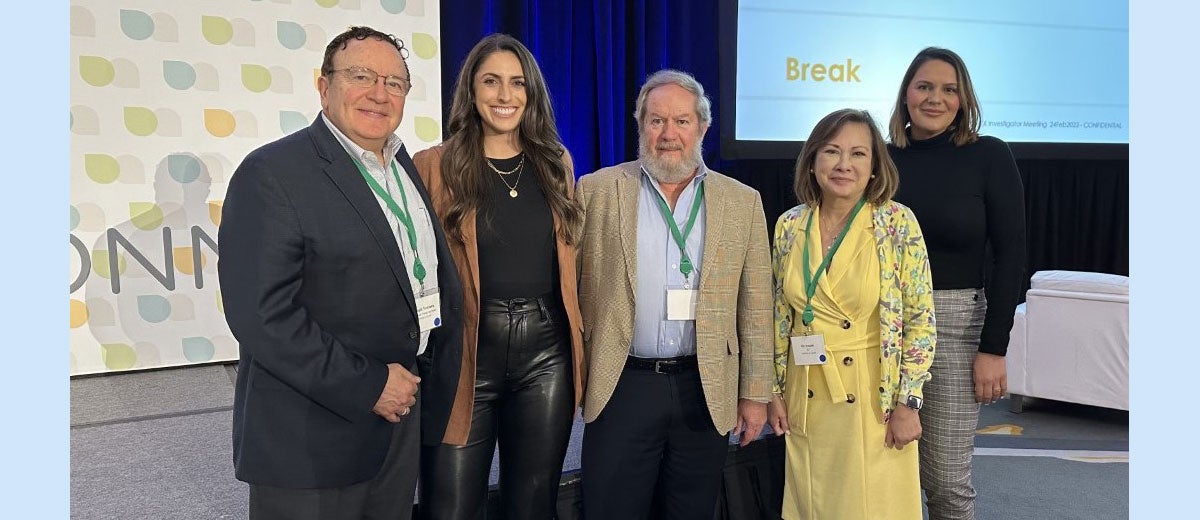FAQ
Our therapists/case managers and treatment team members meet with our participants on a weekly basis to discuss goals, and provide support for returning to school or work. We help participants identify schools and/or educational programs that best fit their goals, assist with planning course schedules, study schedules and tips, and assist with academic resources participants may need to acquire (e.g., tutor). For participants who choose to work instead of returning to school, we will assist them with identifying employment opportunities, assist with resumes, role-playing interviews, and aid in the application process.
We understand that communication can be challenging when a loved one is struggling. In some cases, your loved one may not be able to communicate the way you are accustomed to, or may be experiencing symptoms that create difficulties with trusting others. As part of our treatment plan, we provide family education on ways to engage and connect with your loved one, even during some of the most challenging times. Remember that your loved one is going through a difficult time, and for everyone, reassurance goes a long way. Remind your loved one that they can talk with you, or someone that they trust, and that they have support. Encourage them to express their feelings, experiences or concerns. If someone is experiencing hallucinations or delusions, this can feel frightening and your loved one may also be afraid of sounding odd or being judged. Remind them that staying in treatment for their disorder is integral to feeling better. Making empathic statements that convey understanding and compassion rather than exhibiting fear or judgment can facilitate communication. Sometimes finding a joint activity that is comforting can be helpful. For example, taking a walk, or simply sitting together.
Lack of insight and awareness of the need for treatment frequently occurs in psychotic disorders. It is often difficult to understand the need for medication when one does not believe there is an illness or problem that requires treatment. We provide information to participants from an educational standpoint, encouraging them to focus on goals and ways that treatment can allow them to continue to pursue their goals and independence. We also provide psychoeducation and reading materials for family members and loved ones regarding ways to communicate about these difficult topics. One recommended reading is the book, “I’m Not Sick, I Don’t Need Help!,” by Dr. Xavier Amador: http://dramador.com/books/
A combination of hallucinations, delusions, or formal thought disorder (conceptual disorganization).
Aftercare is focused on individuals whom have recently begun experiencing psychosis, however there are other eligibility criteria. If you believe you or a loved one has recently/ is currently experiencing the above symptoms, contact us to inquire about an intake interview.
The intake assessment involves an interview that typically takes 2-3 hours long through a secure internet video connection. These assessments help us understand the problems you’re experiencing. Additionally, the intake process requires permission to review your medical records. If you are interested in the treatment provided here, please visit the treatment page.
Yes, you can see outside therapists or specialists so long as it is coordinated with our program. At Aftercare, we require that you see our in-house Psychiatrist to monitor your medication and well-being.
After an initial period of getting accustomed to treatment, our treatment program will be full days on Tuesdays/Thursdays. After six months, that will change to one day a week. The total duration of treatment is 12-18 months
Medications are a crucial and necessary part of your recovery. While you or your loved one do not have to be on medication to enter the program, taking medication while enrolled in the program is essential. Throughout the program, participants will meet with their Psychiatrist regularly to adjust medication if necessary.



